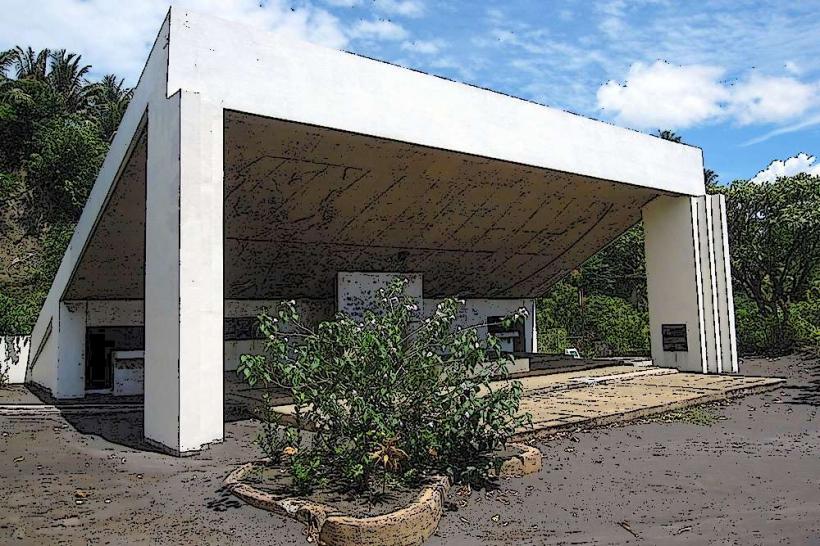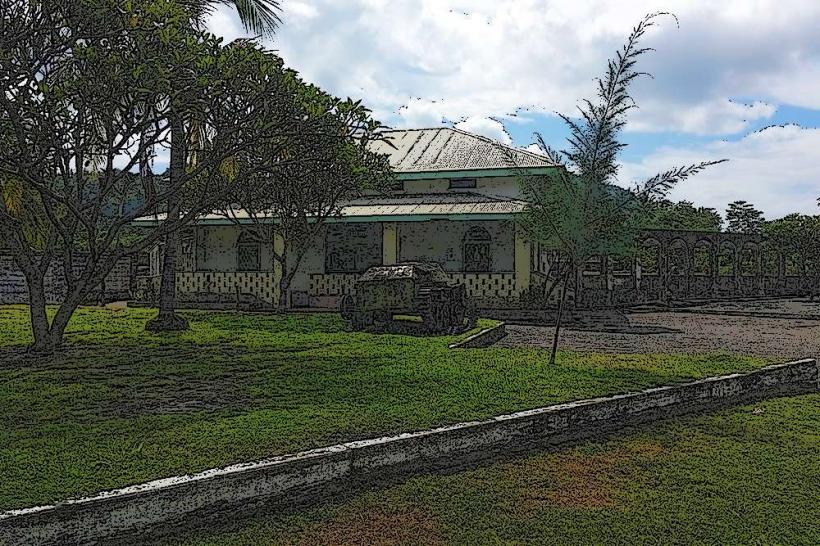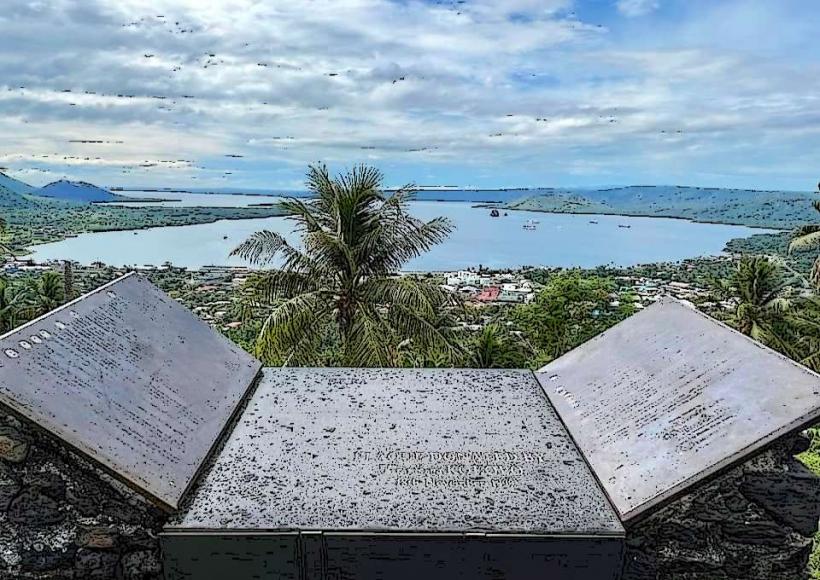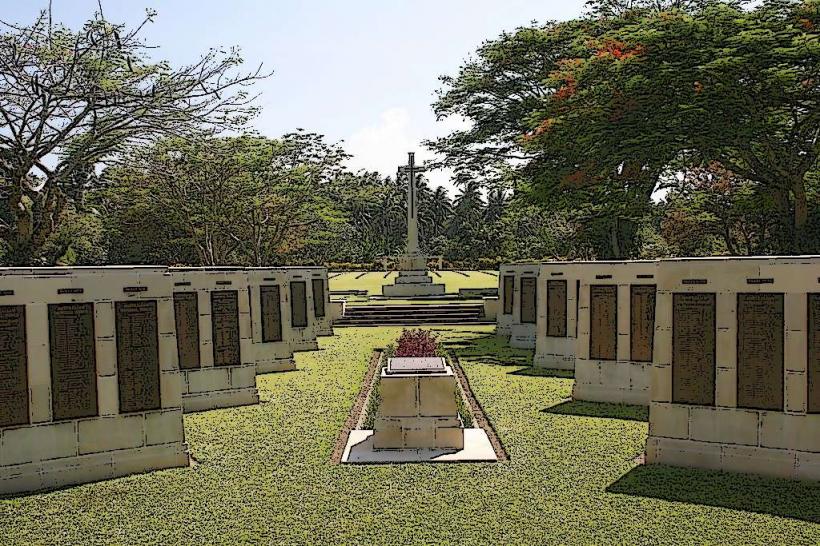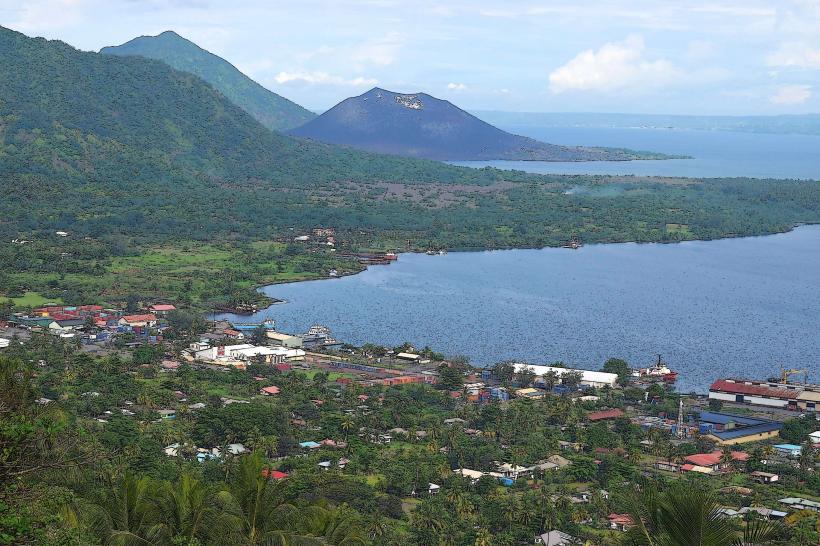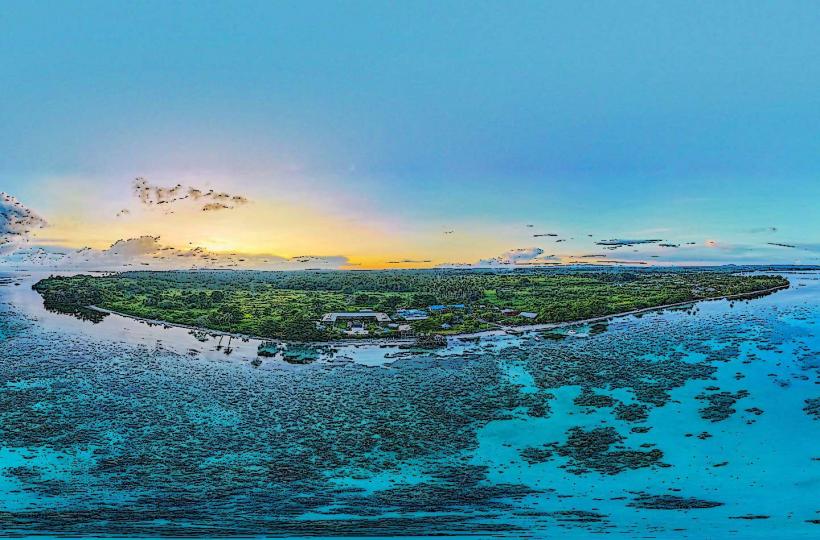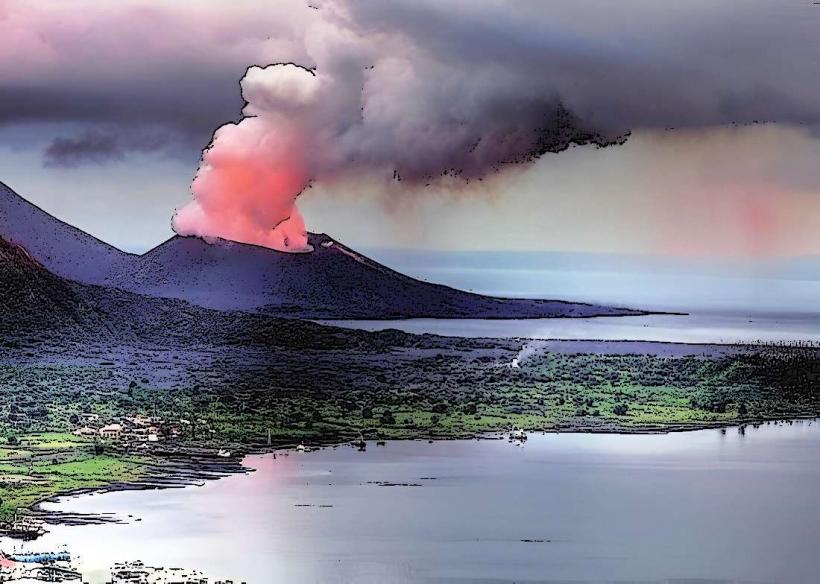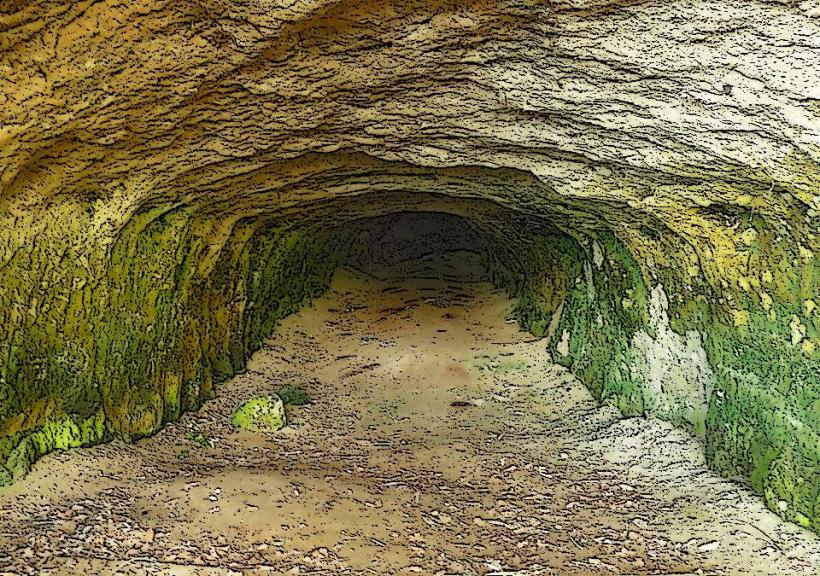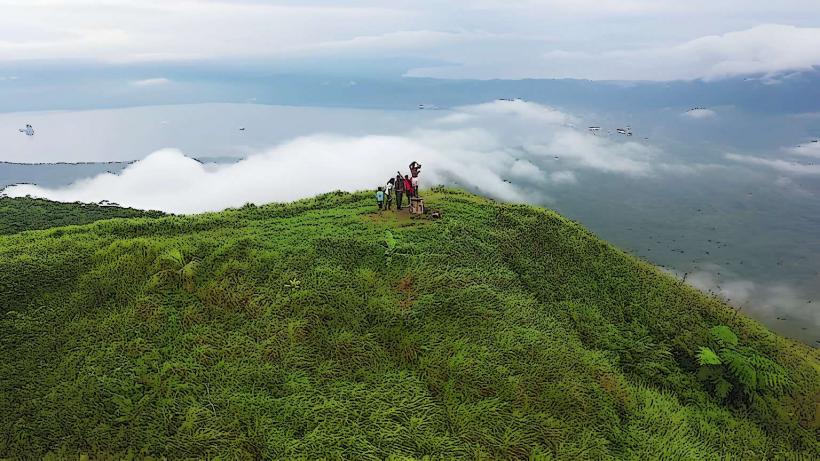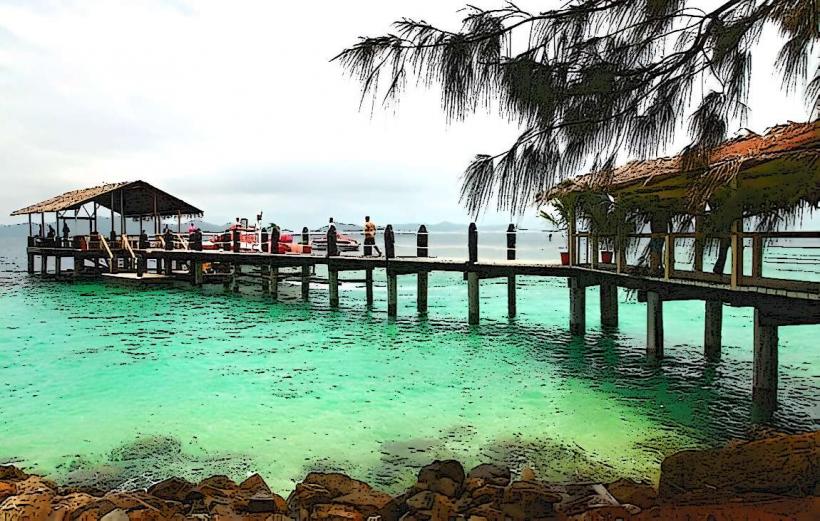Information
Landmark: Matupit IslandCity: Rabaul
Country: Papua New Guinea
Continent: Australia
Matupit Island, Rabaul, Papua New Guinea, Australia
Matupit Island is a small volcanic island located in Rabaul-harbour_rabaul" class="underline">Rabaul Harbour, off the coast of East New Britain Province in Papua New Guinea. The island is notable for its proximity to the active Tavurvur Volcano and its historical significance in the region, particularly during World War II.
Key Features and Significance:
Geography and Location:
- Matupit Island is situated just a short distance from the town of Rabaul, on the Gazelle Peninsula of New Britain. It lies in Rabaul Harbour, a region famous for its deep waters and surrounding volcanoes.
- The island is volcanic in nature, with rugged terrain and steep slopes. It is part of the Rabaul Caldera, a massive volcanic caldera formed by ancient volcanic eruptions.
Volcanic Activity:
- The island’s proximity to the Tavurvur volcano, one of the most active volcanoes in the Pacific, makes it geologically significant. Tavurvur erupted in 1994, causing widespread damage to Rabaul and surrounding areas, but Matupit Island itself was not as severely affected as other parts of the region.
- The volcanic nature of Matupit Island and its surroundings makes it an important part of the local landscape, and the island has a unique environment shaped by volcanic soil and features.
Historical Importance:
- World War II played a significant role in the history of Matupit Island. Rabaul was a major base for the Japanese Imperial Army during the war, and the island was strategically important during the conflict. Matupit itself was used as a military outpost and likely served as a site for fortifications and other wartime infrastructure.
- The remnants of World War II artifacts, such as bunkers, cannon emplacements, and wrecked ships, can still be found around the island, making it a site of interest for military historians and war tourists.
Cultural Significance:
- Matupit Island is inhabited by local Melanesian communities, with the island's residents primarily relying on traditional activities such as fishing, subsistence agriculture, and small-scale trade.
- The island’s people are known for their strong cultural ties to the land and sea, with traditional customs and rituals still playing an important role in their daily lives.
- The island also holds significance in the broader context of Papua New Guinea’s cultural heritage, with many indigenous practices and customs being preserved in the community.
Access and Tourism:
- Matupit Island is accessible by boat from Rabaul, and it is often visited by tourists interested in exploring the natural beauty of the Rabaul Harbour and the surrounding volcanic areas.
- Snorkeling and diving are popular activities around Matupit Island due to the island’s clear waters and vibrant marine life, including coral reefs and diverse fish species.
- The island's historical sites, including WWII relics and old Japanese structures, attract visitors who are interested in the region's wartime history. These remnants offer a glimpse into the military importance of the island during the Japanese occupation and subsequent Allied campaigns.
Local Economy and Life:
- The economy of Matupit Island is primarily based on subsistence farming and fishing. The islanders grow crops such as cocoa, copra, and fruits, and they rely heavily on the surrounding ocean for their livelihood.
- Fishing is a central activity for the people of Matupit Island, with fishing methods passed down through generations. Canoe building and traditional fishing methods are important aspects of the local culture.
- The island’s small population leads a relatively isolated life, although they are connected to the nearby town of Rabaul for trade and services.
Volcanic Risks:
- Being located near an active volcanic region, Matupit Island faces some risks from volcanic activity, particularly from Tavurvur. Though the eruptions of 1994 significantly impacted the region, the island remains at risk from further eruptions or seismic activity.
- The local population is aware of these risks and has adapted by developing early warning systems and making efforts to mitigate damage from future eruptions.
Conclusion:
Matupit Island is a fascinating destination that offers a mix of natural beauty, cultural heritage, and historical significance. Its volcanic landscape, proximity to the active Tavurvur volcano, and historical ties to World War II make it an important part of East New Britain. Whether for its natural attractions, its role in the region's history, or its cultural significance, Matupit Island remains an intriguing and notable place in Papua New Guinea.

